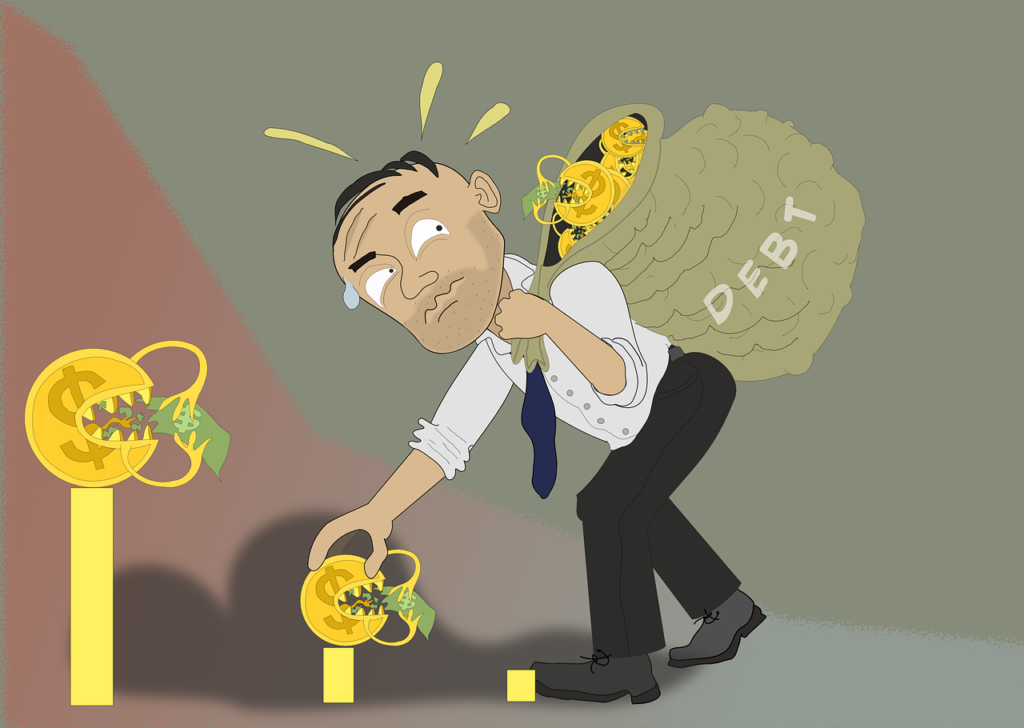Do you feel like you can’t get out from under the weight of all your expenses and debts? You have company. Although many people struggle with personal debt, there are steps you can do to get a handle on your money situation and eventually be free of debt. This all-inclusive guide will teach you how to handle your debt in a way that gets you out from under your financial burden faster.
FOLLOW MY GUIDE BELOW BECAUSE HAVE BEEN THERE BEFORE AND I’M FREE OF DEBT NOW.
IDENTIFYING THE ISSUE:
It is essential to identify the nature of the problem before delving into potential solutions. Overspending, medical bills, unforeseen events, or just living above one’s means are some of the many potential causes of debt accumulation. The most important thing is to realize something is wrong and do something about it, regardless of what caused it.
The first thing you need to do if you want to manage your debt effectively is to take stock of how much you owe. Collect all of your income tax returns, bank statements, loan paperwork, and any other bills you may have that reflect your financial situation. Make a tally of all your debts, including their total amounts, interest rates, and minimum monthly payments. By doing so, you will be able to see your financial condition more clearly and set priorities for your bills.
MAKING A BUDGET:
The bedrock of every effective strategy for managing debt is a carefully designed budget. The first step in finding places to save money is to keep track of your income and expenditures. Make sure to pay the minimum on all of your accounts and prioritize paying off high-interest debt with any additional money you have. Set aside a portion of your paycheck specifically for this purpose.
INVESTIGATING DEBT CONSOLIDATION:
If you have many high-interest loans, you may be able to save money and time by consolidating them into one lower-interest loan. Weigh the benefits and drawbacks of each option, taking into account your unique situation, before deciding on a course of action. Some possible choices include debt consolidation loans, home equity loans, or balance transfer credit cards.
When negotiating with your creditors, don’t be shy about asking for better conditions, including lower interest rates or longer payment arrangements. In order to get your debts repaid, you need to show your creditors that you are serious about doing it. Give an honest assessment of your financial status and suggest remedies that are within your means.
Do not hesitate to seek professional help if you are feeling overwhelmed or if you are unable to make progress on your own. Financial advisors and credit counseling services can be a great resource for figuring out how to best manage your debt in light of your unique situation and long-term objectives.
Personal debt management is difficult but not impossible, as this article has shown. You may get your financial house in order and set yourself up for a better financial future if you take the initiative to look into your debt, make a budget, investigate consolidation alternatives, negotiate with creditors, and get professional assistance if you need it. Keep in mind that getting out of debt won’t be a picnic, but that you can accomplish your goals and finally relax after you’re financially secure if you just stick with it.

